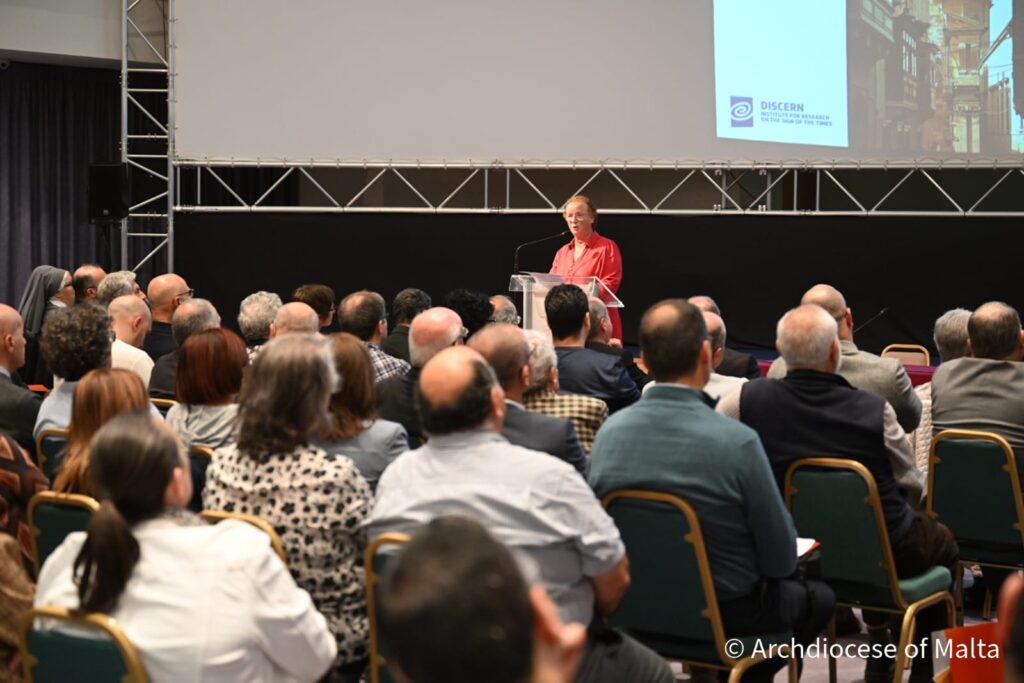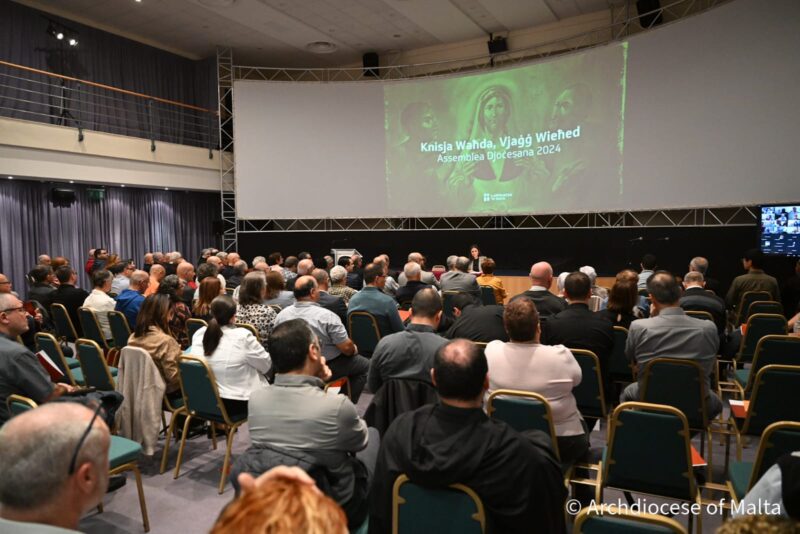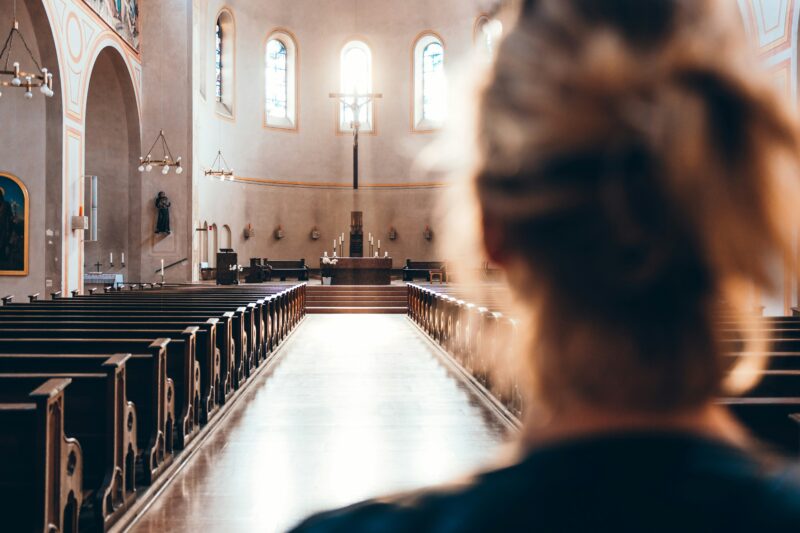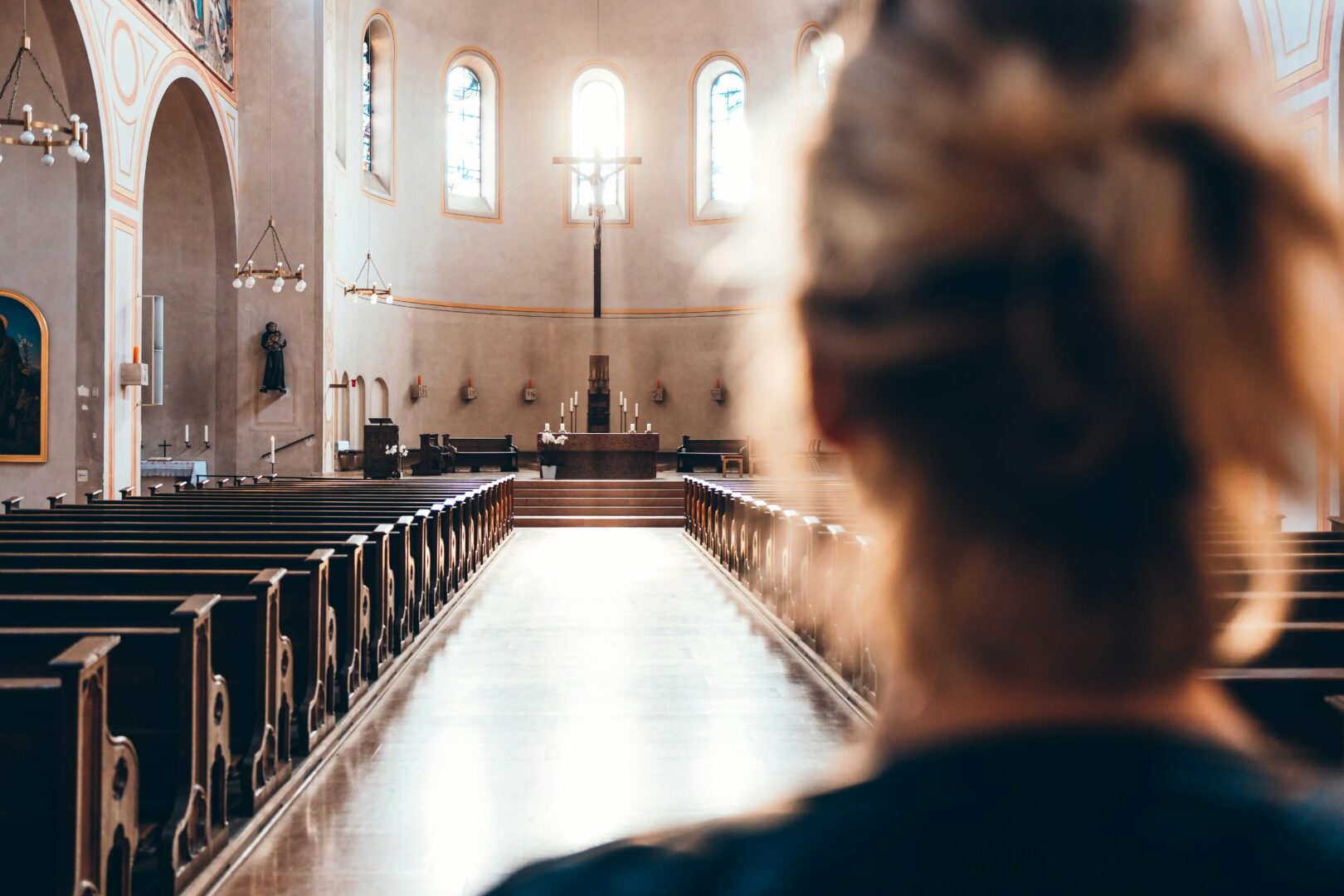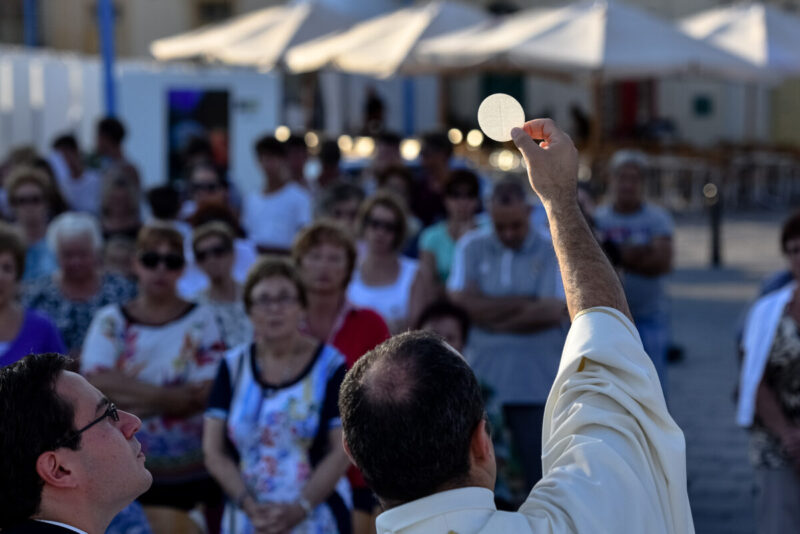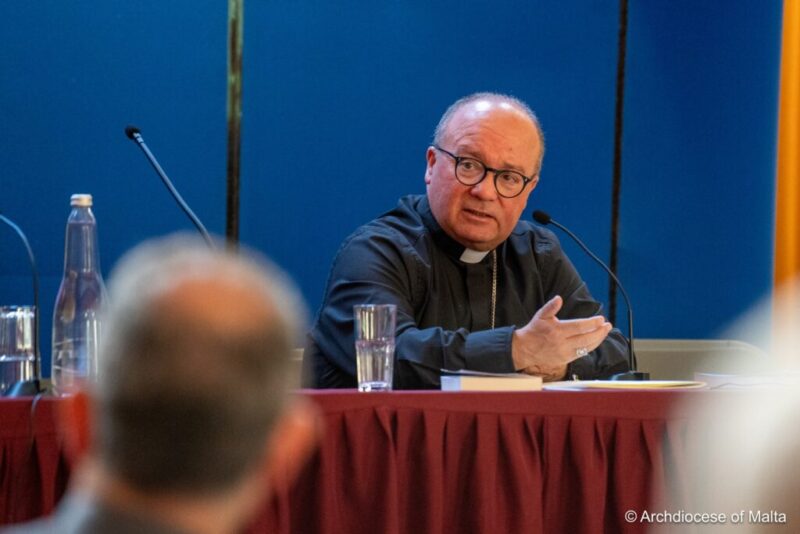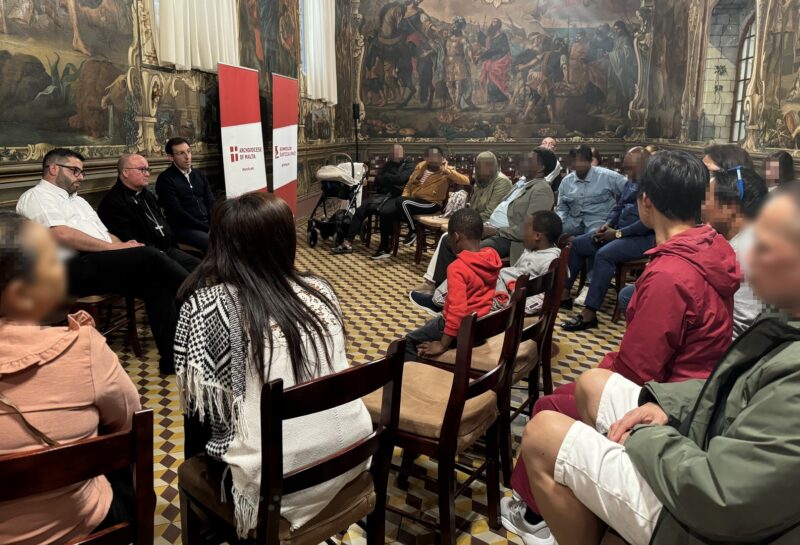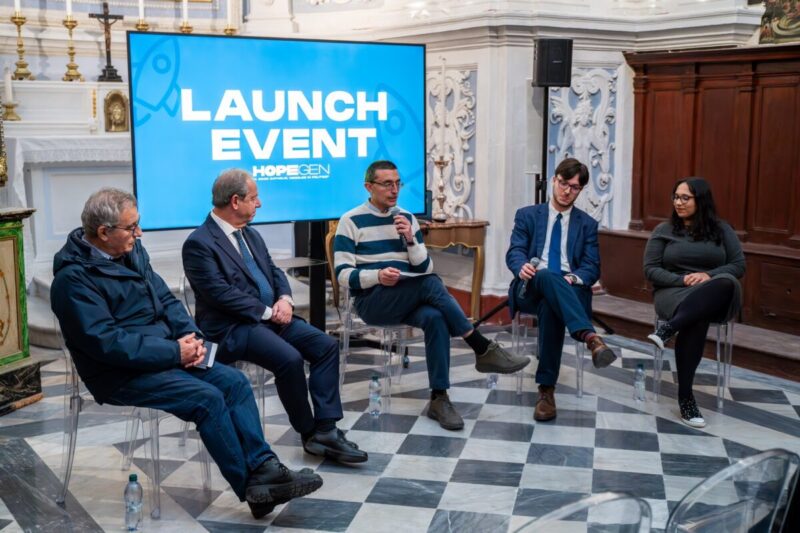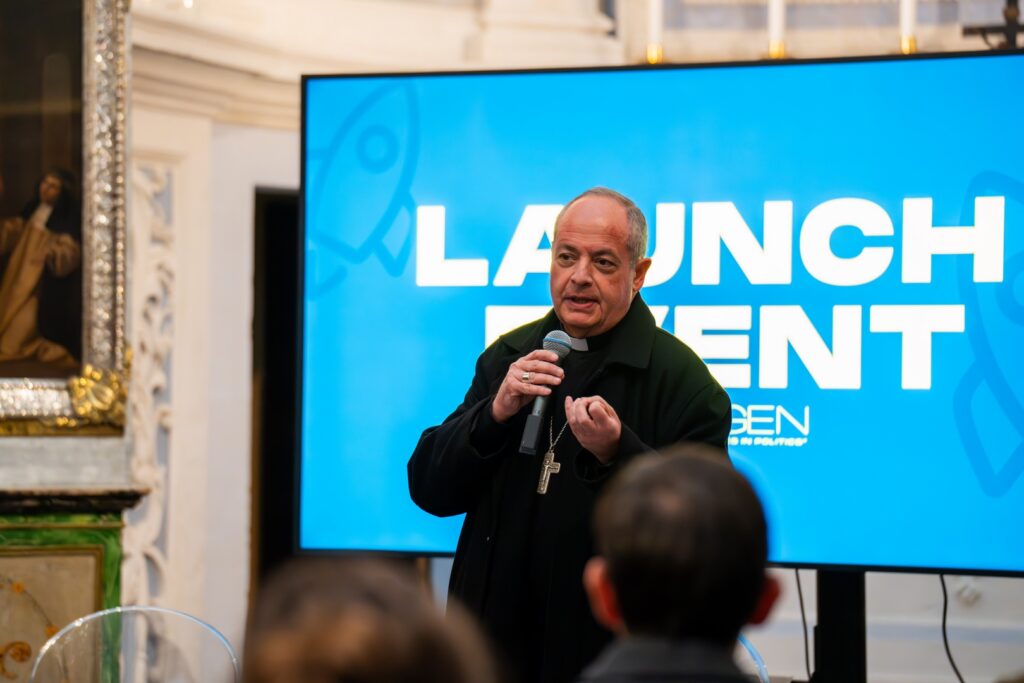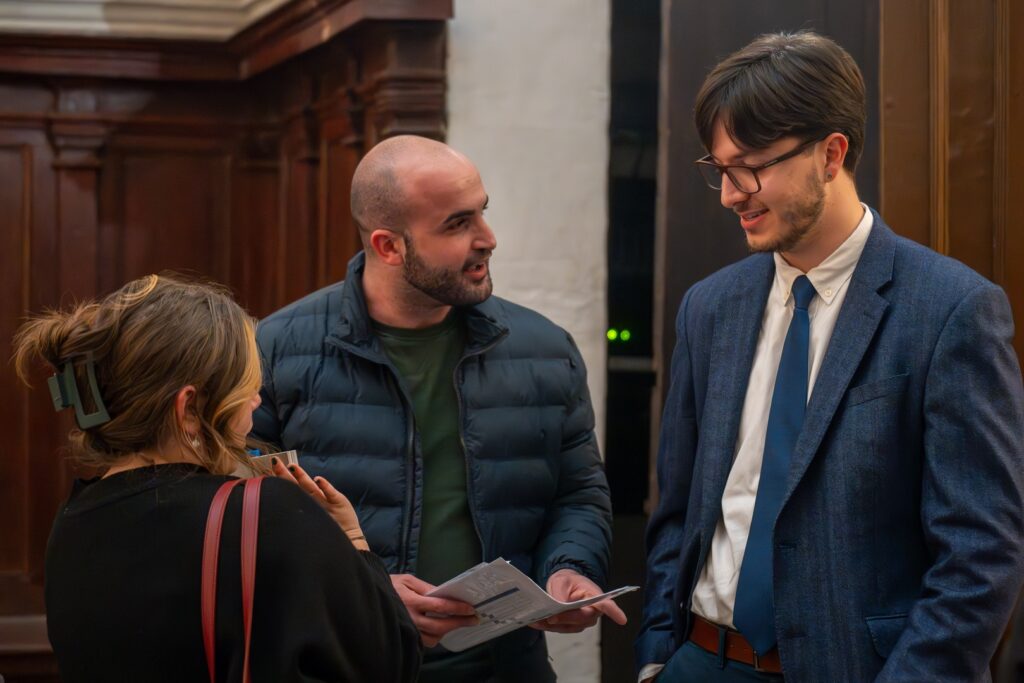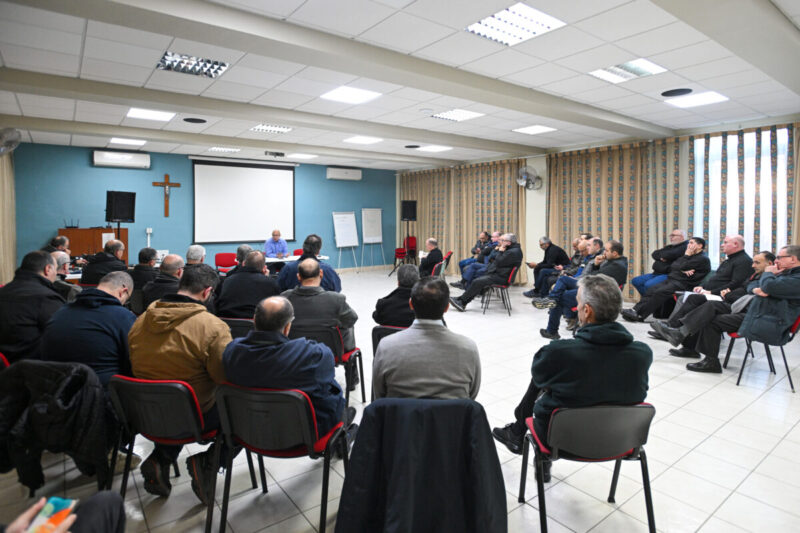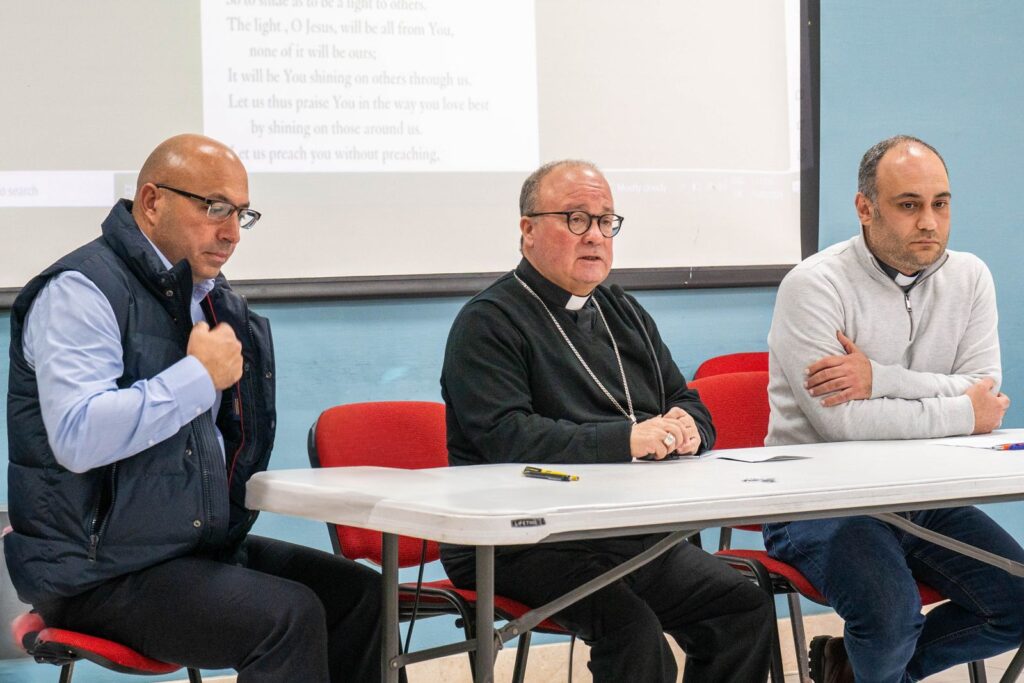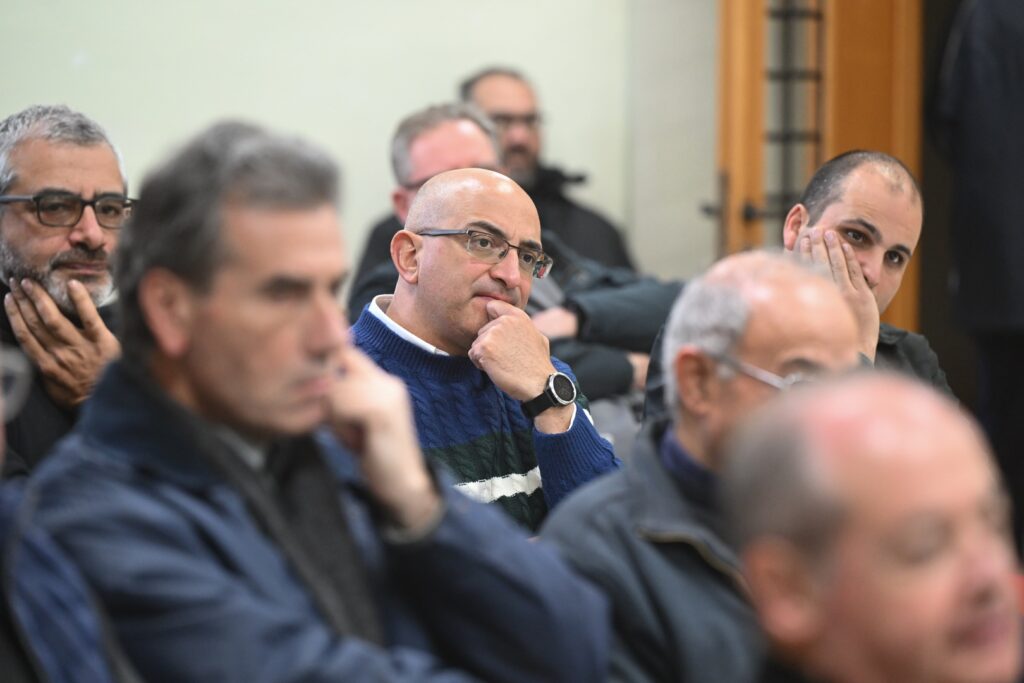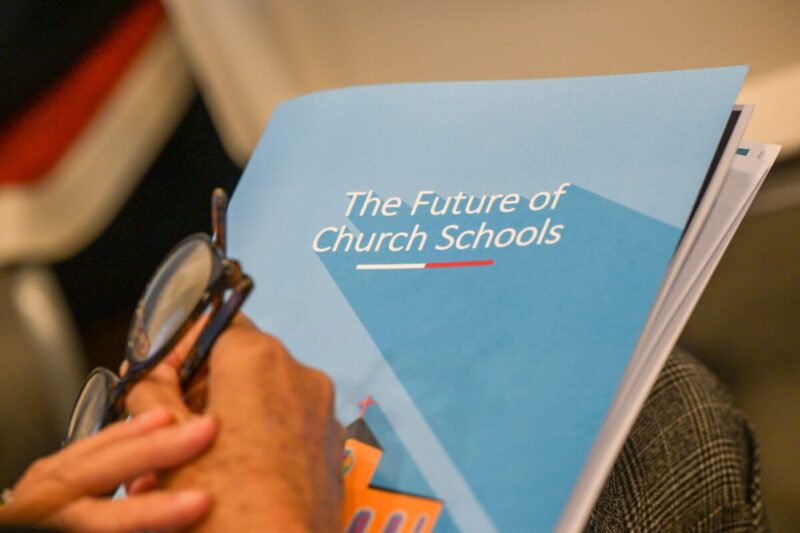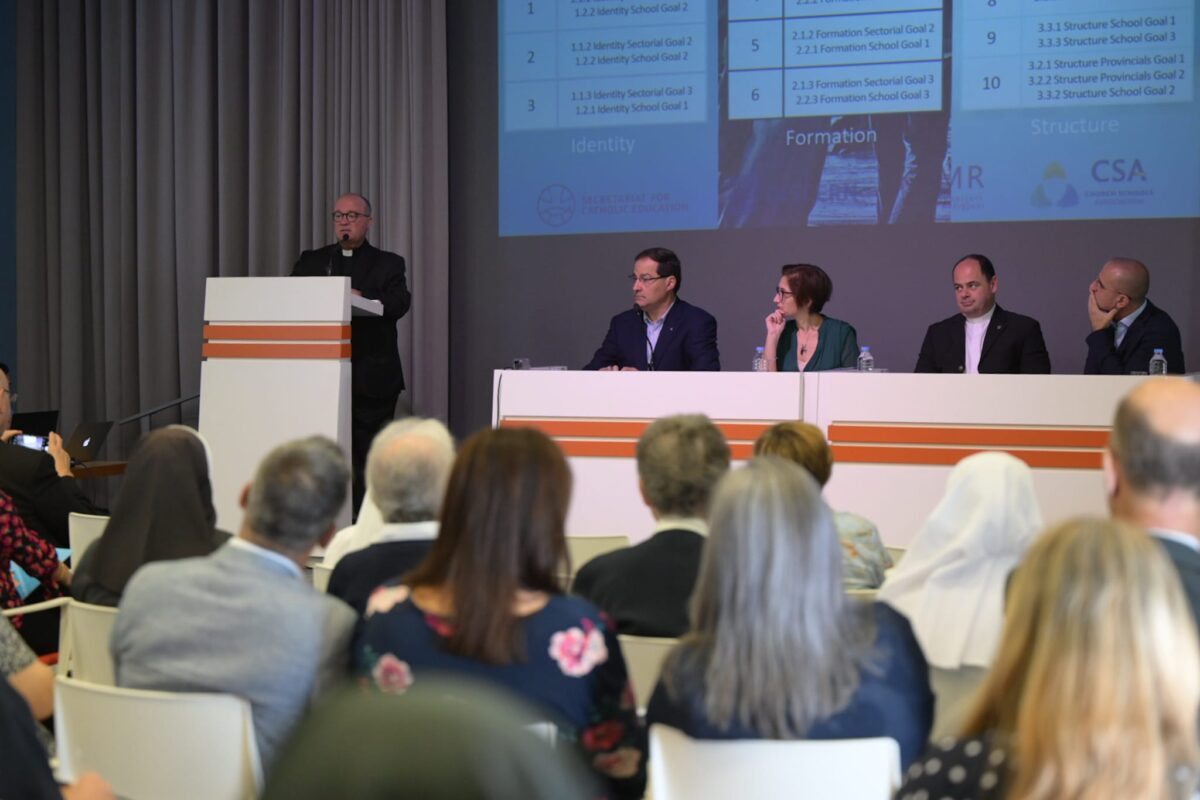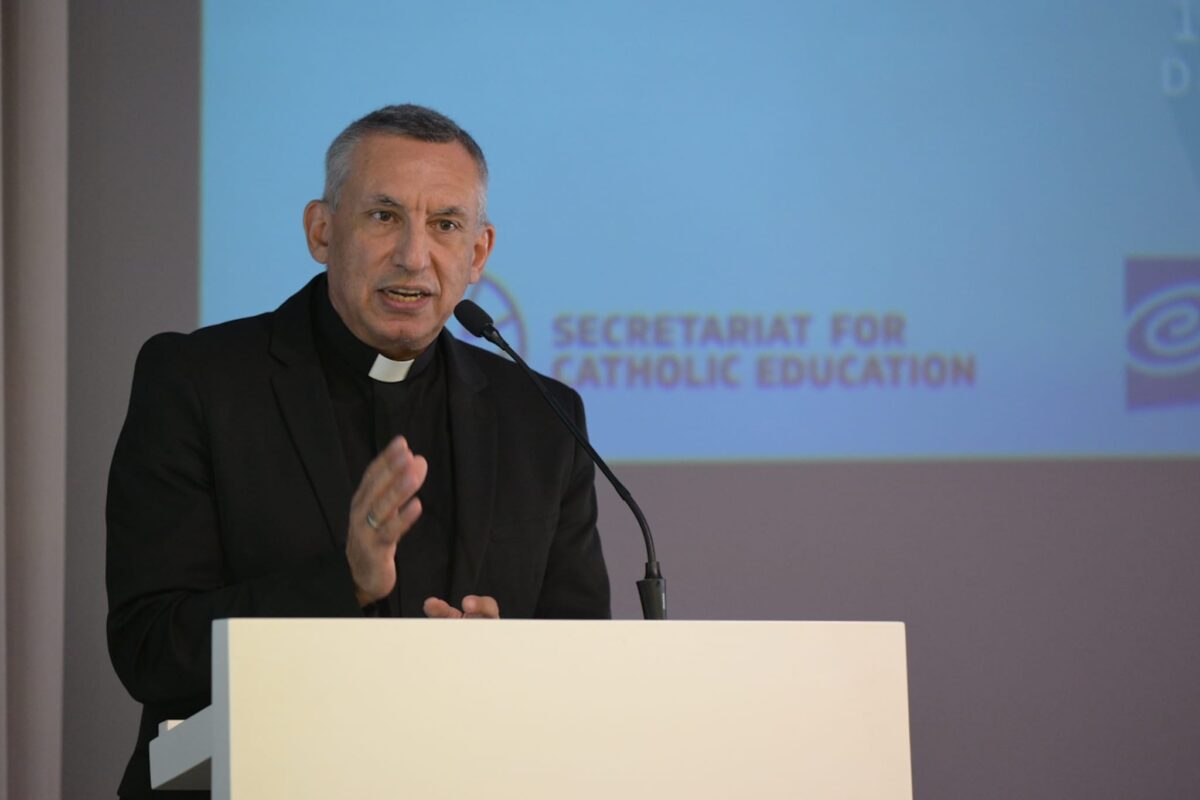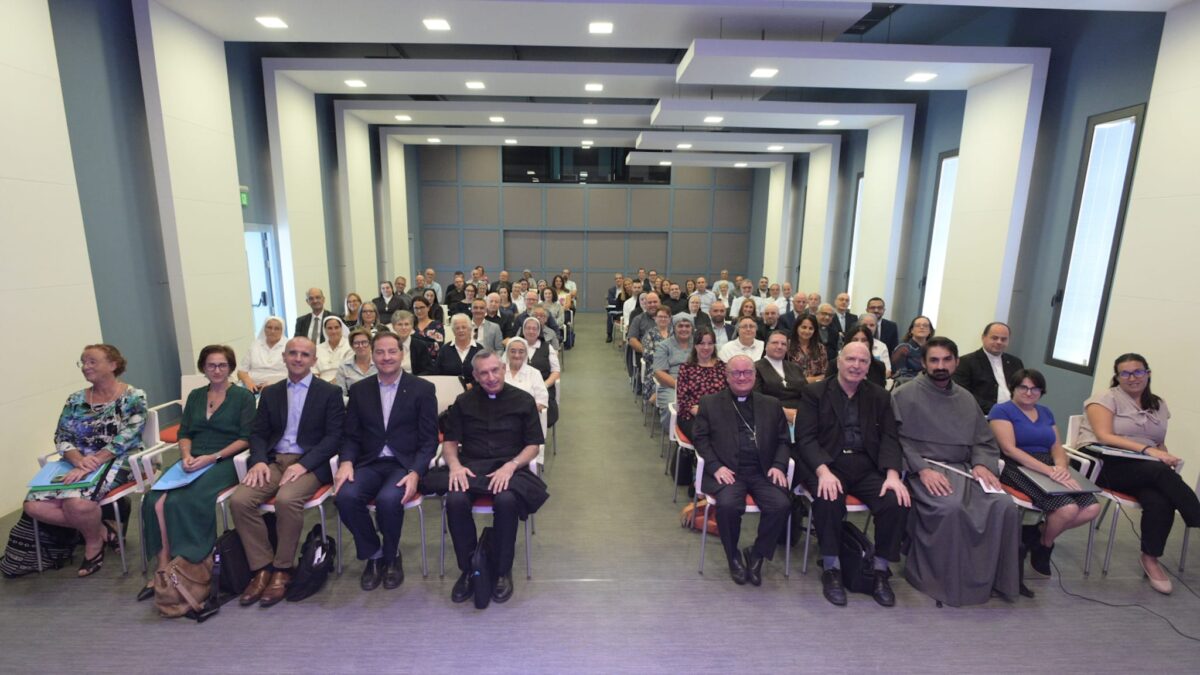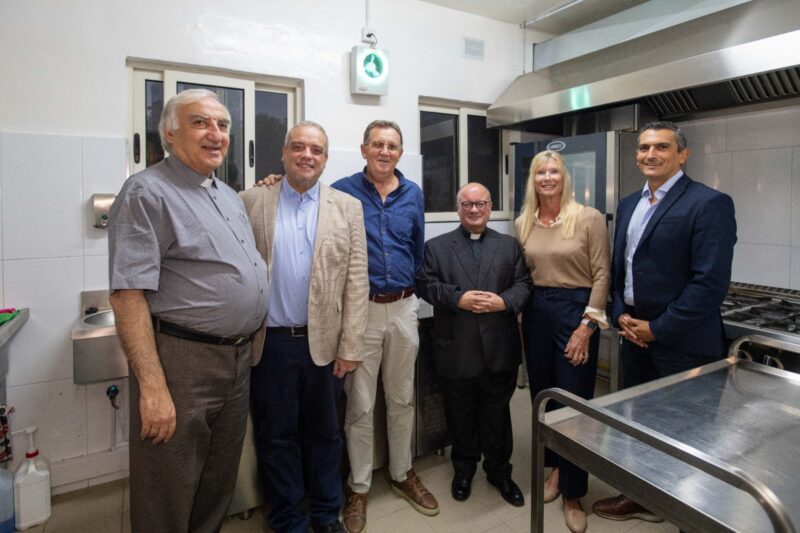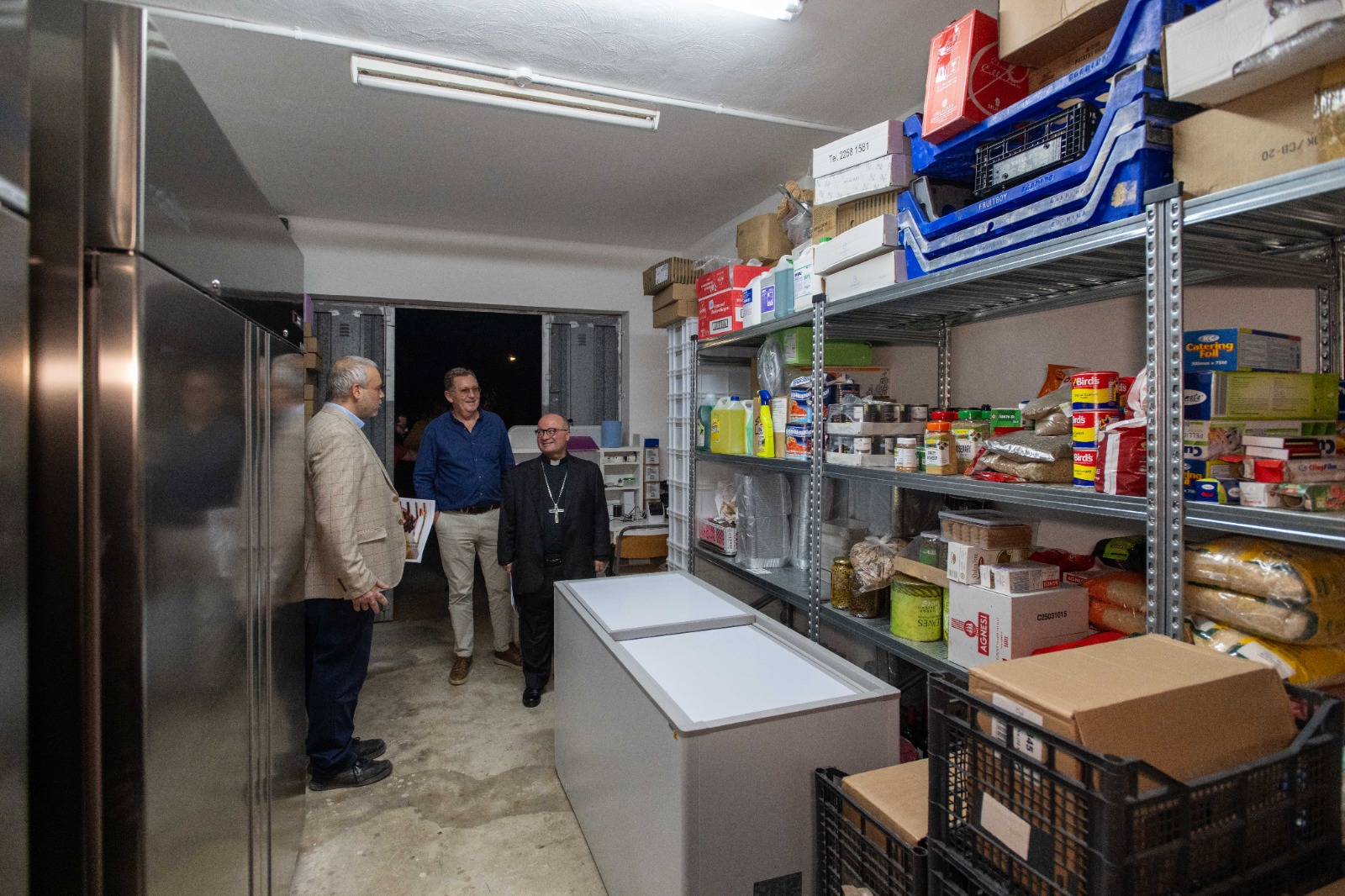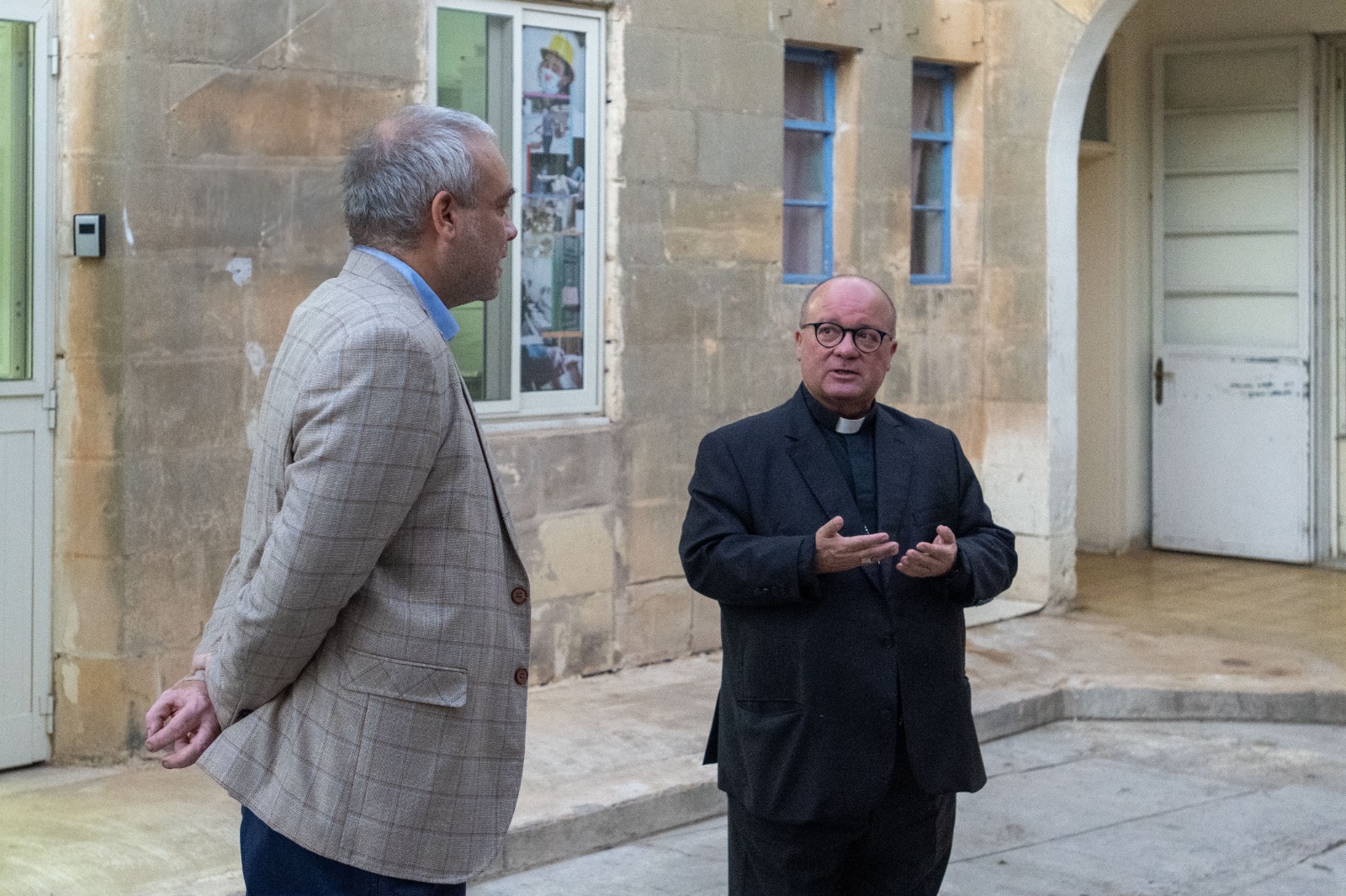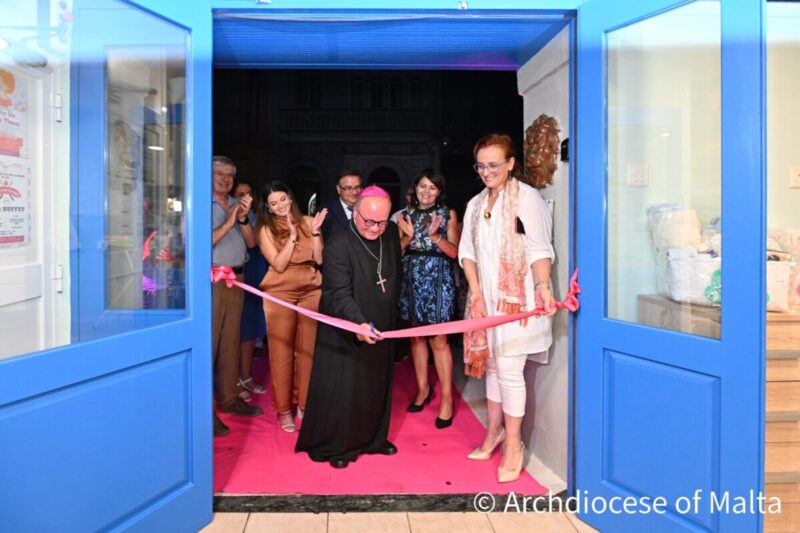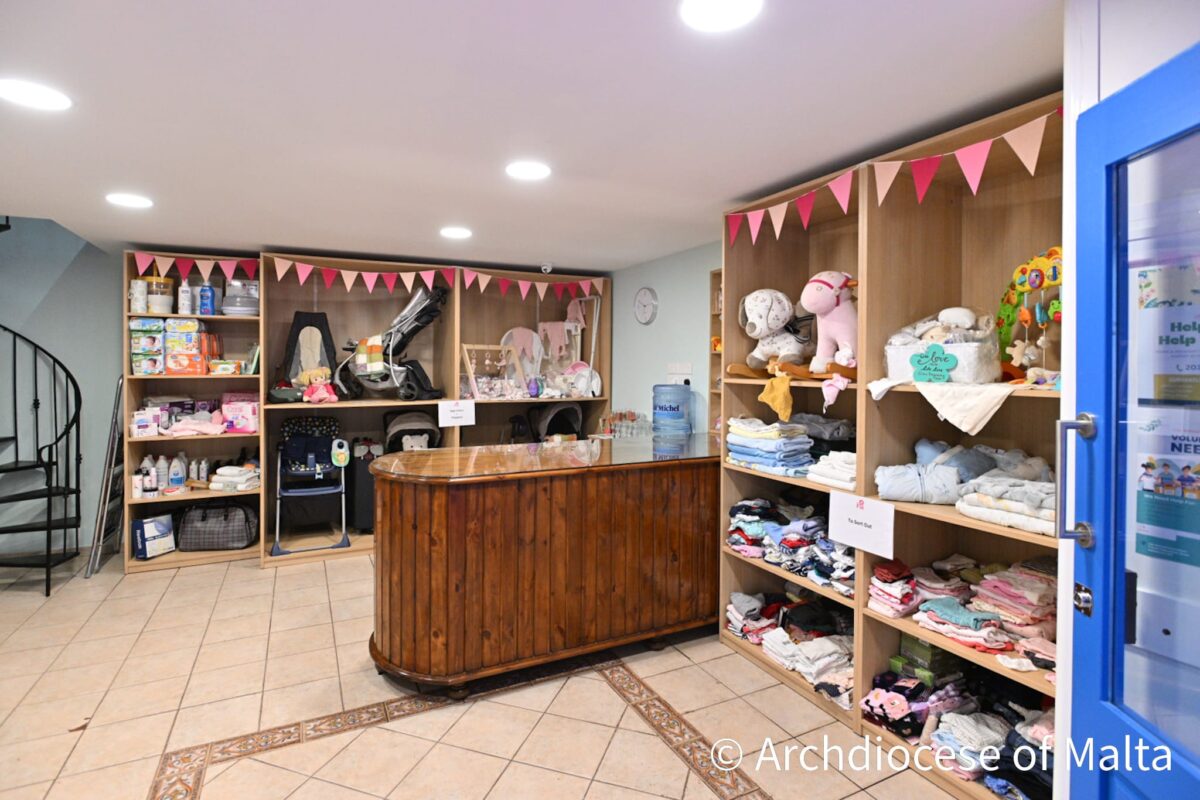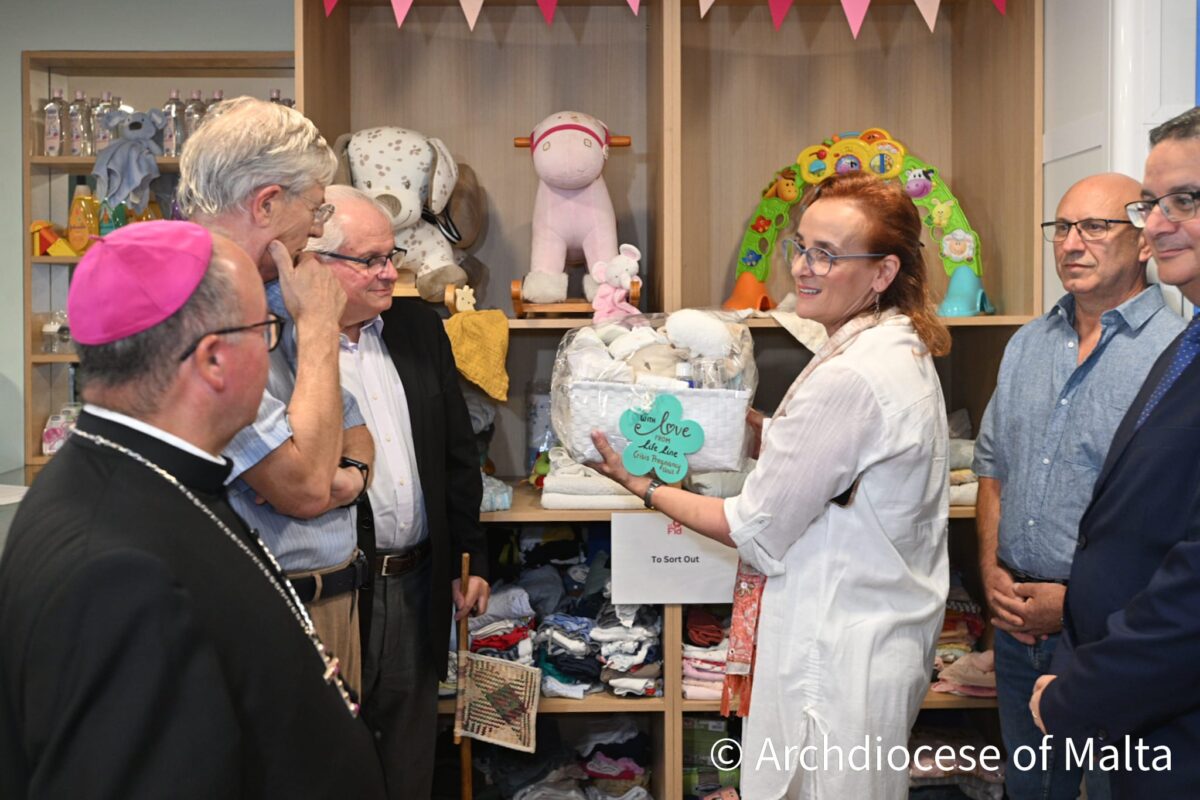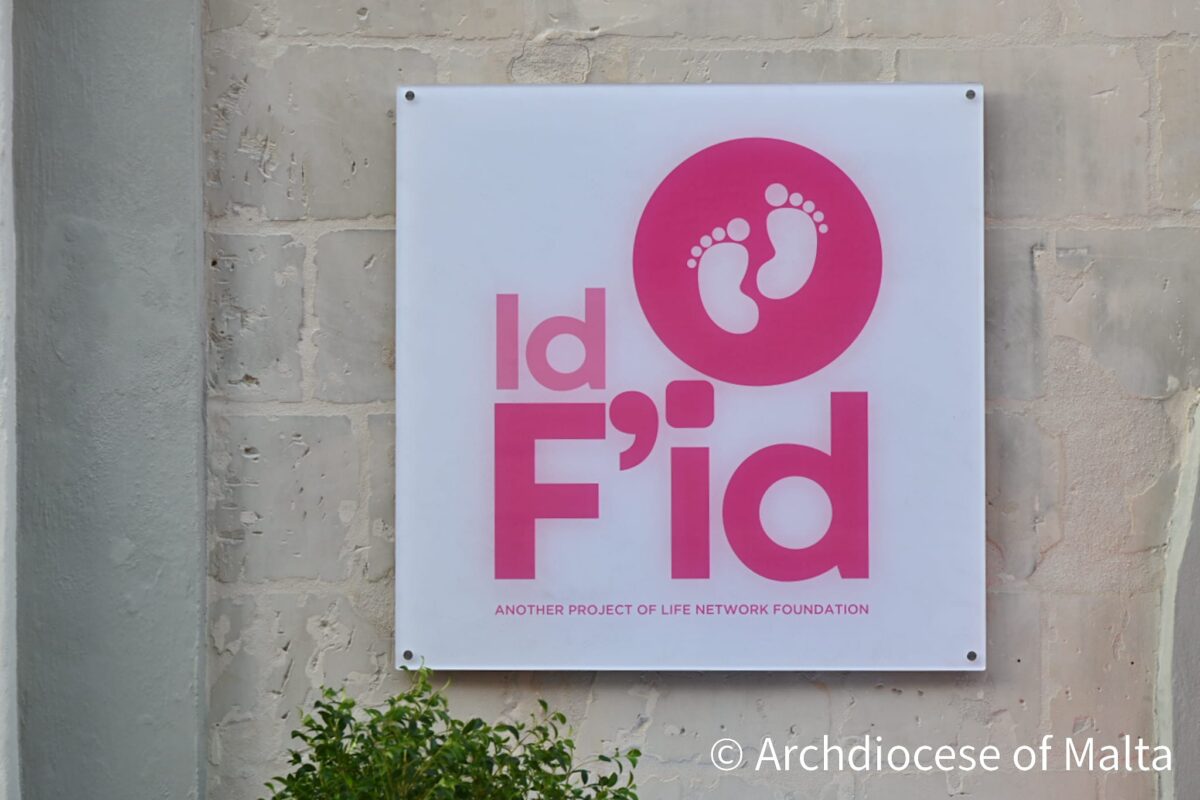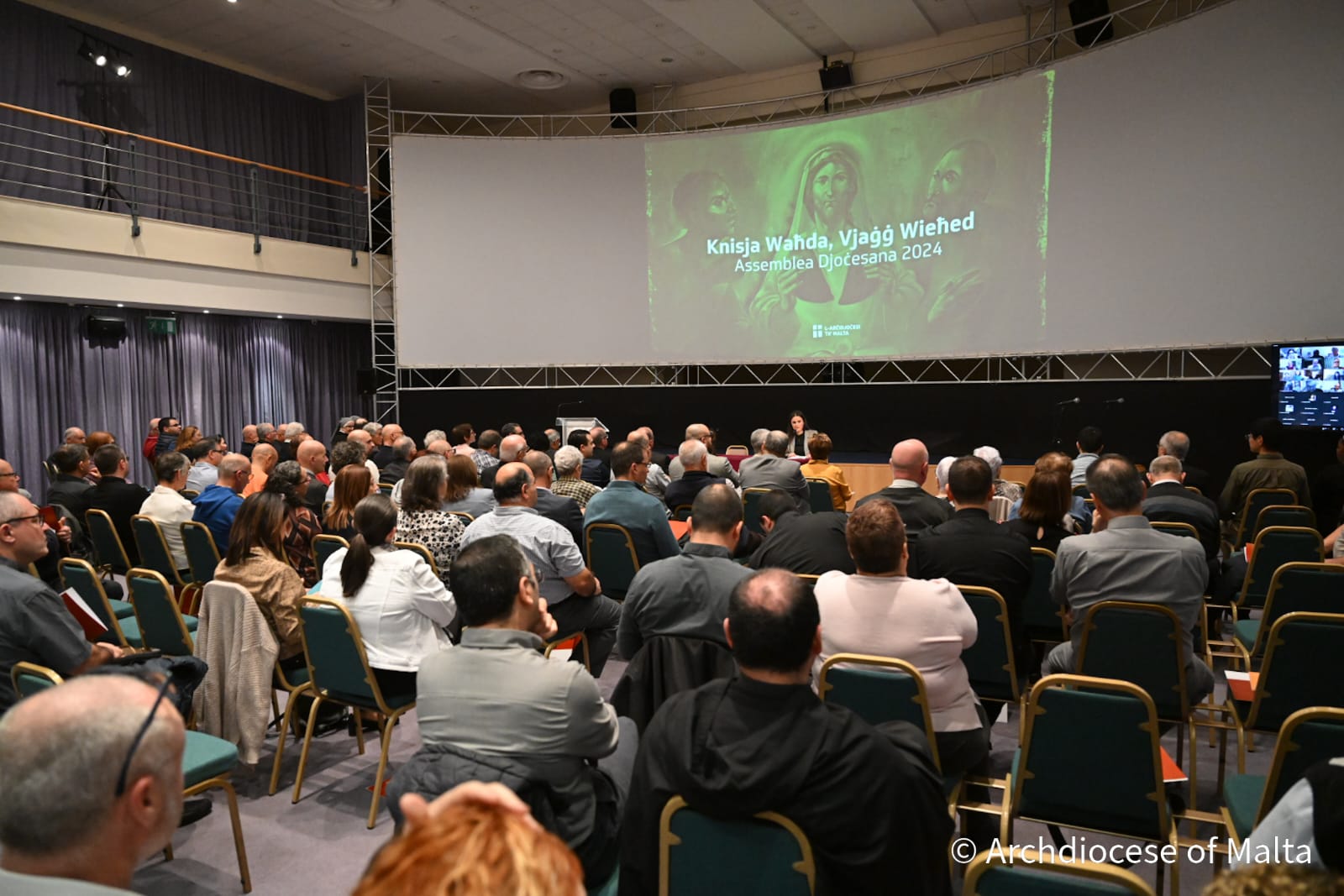
Il-Ħamis 21 ta’ Novembru 2024 ingħata bidu għall-Assemblea Djoċesana 2024. Din bdiet permezz b’mument ta’ talb u riflessjoni minn persuna mhux Maltija, li saret Kattolika wara tliet snin tgħix Malta, u li għamlet dan meta bdiet tirrealizza li hemm vojt f’ħajjitha.
L-Isqof Awżiljarju Joseph Galea-Curmi introduċa l-Assemblea u spjega x’se jiġri matul l-assemblea ta’ din is-sena, is-sinodu djoċesan li ilu għaddej 25 sena u kif il-Knisja f’Malta se tkompli taħdem biex tgħix f’sinodalità, “li tibqa’ dejjem ta’ sfida kbira għall-Knisja li ngħaqqdu flimkien il-parteċipazzjoni u l-kreattività mal-unità, mal-armonija, fid-direzzjoni u fil-ħidma”.
Dr Nadia Delicata, Delegat Episkopali għall‑Evanġelizzazzjoni, tat rendikont dwar il-proċess ekkleżjali ‘Knisja Waħda, Vjaġġ Wieħed’ li ilu għaddej erba’ snin u xi twettaq s’issa mid-dokument. Id-Delegat semmiet ukoll uħud mill-esperjenzi u r-riflessjonijiet tan-nies li pparteċipaw fis-16-il konverżazzjoni spiritwali li saru matul is-sajf. Għal dawn, kulħadd kien mistieden, mhux biss Insara iżda wkoll nies li jħaddnu twemmin ieħor, sabiex il-Knisja tifhem aħjar x’inhuma r-realtajiet, il-ħsibijiet, il-weġgħat u x-xewqat għall-Knisja biex verament tkun Knisja li tisma’, li tilqa’, li takkumpanja, u li toħroġ.
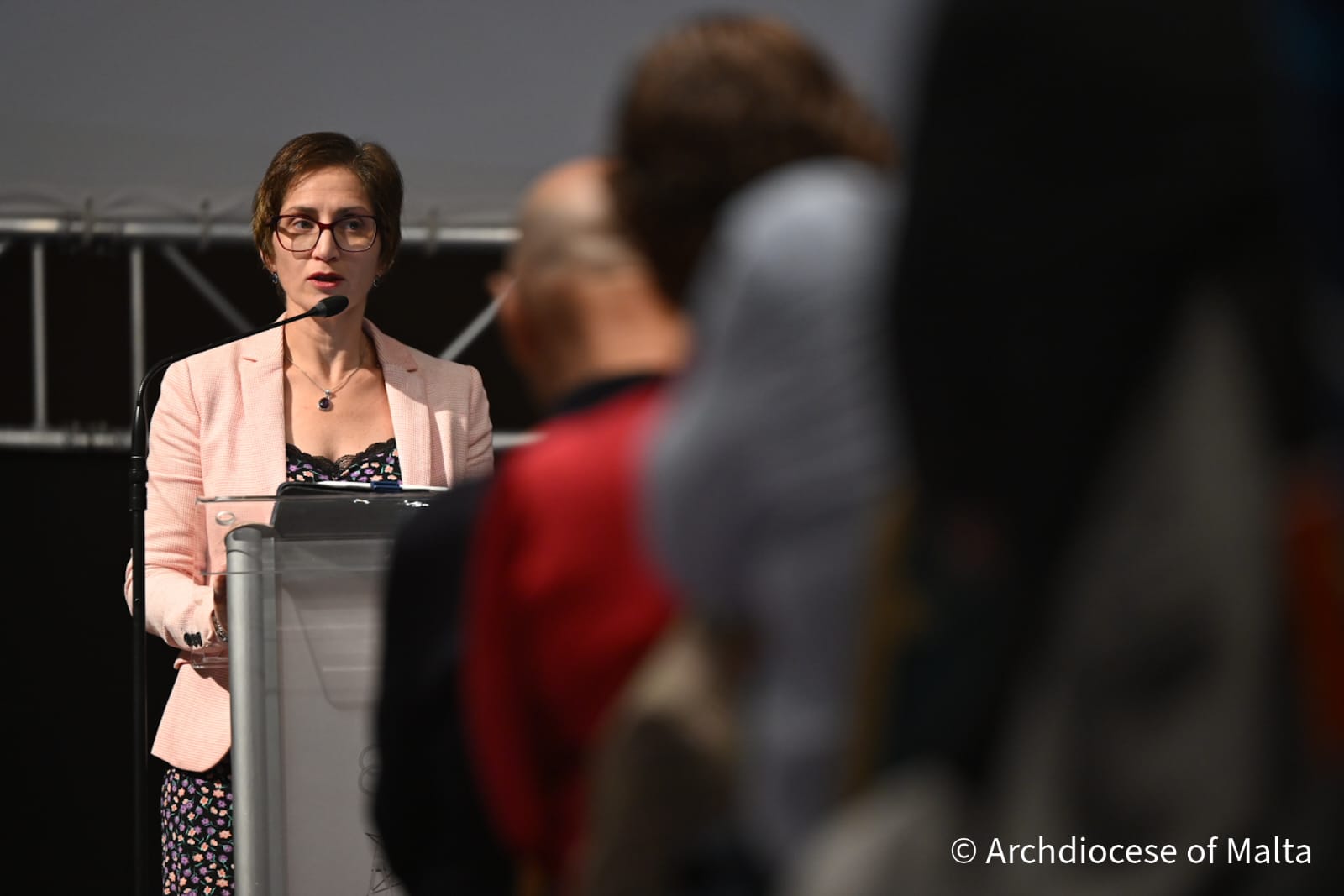
Fost it-temi diskussi kien hemm it-taqbidiet personali, il-komunità Kattolika u l-isfidi ġodda għall-Knisja lokali.
Knisja li toħroġ: x’qed tagħmel il-Knisja ma’ nies li jsibu ruħhom f’sitwazzjoni ta’ vulnerabbiltà – riċerka minn DISCERN
Matul ix-xhur li għaddew, Discern, l-istituzzjoni tal-Knisja responsabbli mir-riċerka, kien involut, flimkien ma’ oqsma oħra fi ħdan il-Knisja, f’ħidma biex jara x-xogħol li sar mill-Knisja Maltija man-nies li sabu ruħhom f’sitwazzjoni ta’ vulnerabbiltà fl-2023. Dan ix-xogħol sar minn għaqdiet li jiffurmaw parti mill-Knisja Maltija u l-parroċċi. Fl-Assemblea ġie ppreżentat biss ix-xogħol li sar mill-għaqdiet, li 44 minnhom qalu li qed jagħtu servizz f’dan il-qasam. Dawn imexxu 126 fergħa mnejn jingħata s-servizz. Is-servizzi li ngħataw kienu ta’ natura residenzjali, semi-residenzjali, fil-kommunità, promozzjoni ta’ drittijiet umani u żjajjar fl-isptarijiet u l-ħabs. B’kollox, dawn il-fergħat taw servizz lil 40,492 individwi, 2,276 familji u 797 koppja, xhieda li l-Knisja Maltija hija verament sptar fil-kamp tal-battalja.
L-Assemblea se tkompli u tintemm il-Ġimgħa, 22 ta’ Novembru, b’diskors mill-Arċisqof Charles Scicluna dwar l-esperjenza tiegħu waqt is-Sinodu u l-Ġublew tat-Tama 2025.
Għall‑Assemblea Djoċesana jattendu l‑provinċjali tal‑kongregazzjonijiet reliġjużi, il‑kappillani u rappreżentanti tal‑parroċċi kollha, mexxejja tal‑għaqdiet u l‑movimenti Kattoliċi, delegati u persuni oħra f’kunsilli tal‑Arċidjoċesi u nies oħra minn oqsma differenti tal-Knisja.
